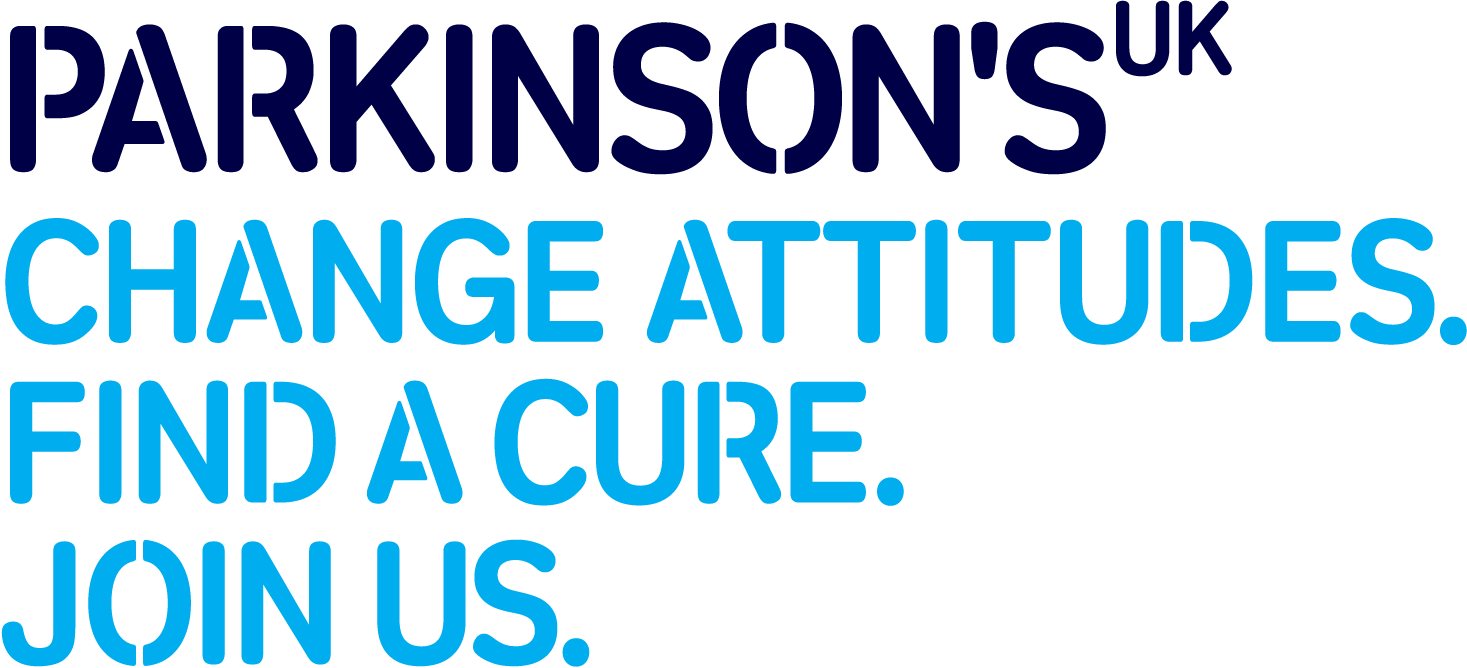Hello Kira
It is always difficult to know what to write to someone who hasn’t had a formal diagnosis because what if it’s not? On the other hand I want to give you something to work with. I hope you will understand that it will be a fairly general reply based on a likely diagnosis of Parkinson’s if that makes sense.
It’s a bit formal but for clarity I will use bullet points.
A diagnosis of Parkinson’s is not the end of the world but it can feel like it. It is not a condition that is generally well understood and most people know little if anything about the condition on diagnosis. This can trigger a whole range of reactions and it can feel like a very rocky road. It’s OK to be scared. It’s a scary and worrying time.
Your reaction is not uncommon ie you just want to know so you can get on with it as it were. Unfortunately,Parkinson’s is a complex condition with no simple answers - there’s no definitive test, there is no definitive treatment plan, and it’s impact is very individual. It can take time to sort everything out.
There is no right or wrong way to living with Parkinson’s only what works for you. All of us on the forum will have been through the - of finding a way to live with it and so will you- though you may not think so at the moment. How long this may take is a how long is a piece of string question. My own way is to stay positive and I work hard to do so. I have my moments of course but I’m almost 12 years on from my own diagnosis and am still doing ok.
For most the condition moves slowly so there is generally time to decide what action you want to take.
Speaking for myself, one of the unexpected aspects of Parkinson’s is the relationship you have with your consultant in particular. It is much more a partnership; in his letters he always writes along the lines ‘we have agreed…’ It took a bit of getting used to. If your experience is similar it helps to give as clear a picture as you can of how you are managing. To this end many use a diary to record changes, what you did, how you felt and so on, in fact anything that helps to make sure your consultant has good information on which to make decisions. It is also useful to note down any questions you may have so you don’t forget anything. I would add here it doesn’t have to be a diary any method that suits you will be fine if that sort of thing is your forte.
I note you have already done some reading and I hope you have found it useful. We normally advocate not going mad and reading everything you can lay your hands as it can lead to information overload and a tendency to only remember the worst case scenarios. Keep reading by all means but do be aware what you are reading about Parkinson’s may not be what your experience is and don’t get too drawn in to what life may be like in the long term future.
You may need to do things a bit differently but you can still do them if you wish to.
Keeping physically and mentally well is an important part of living with Parkinson’s.
November isn’t so far off and you can use the time to perhaps look at your fitness routines - YouTube has lots of videos on exercises for Parkinson’s- and maybe starting some kind of record and noting questions. These may well be useful whatever your eventual diagnosis I would have thought.
Should you get a diagnosis of Parkinson’s, give yourself time to get used to it and adjust. It may not be the life you envisaged for yourself but you can still have a life worth living, it’s just different. Yes it can be challenging and frustrating and all of us would prefer not to have it. Since we have it, it largely comes down I think to your attitude and mindset - it’s still your life so why not make it as good as you can. I don’t define myself by my Parkinson’s. I don’t feel sorry for myself (most of the time) and I most certainly do not give it star billing. I am Tot who happens to have Parkinson’s.
Hope this gives you some reassurance. Good luck and let us know how you’re going along.
Tot


 I really understand how you feel, it can be a worrying time, have a look around the forum there is a creative corner where people have shared and is really inspirational reading, you are not alone in your journey, take care
I really understand how you feel, it can be a worrying time, have a look around the forum there is a creative corner where people have shared and is really inspirational reading, you are not alone in your journey, take care